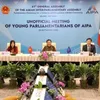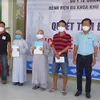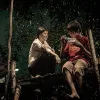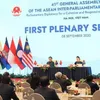Better care and protection for children amidst Covid-19 outbreak
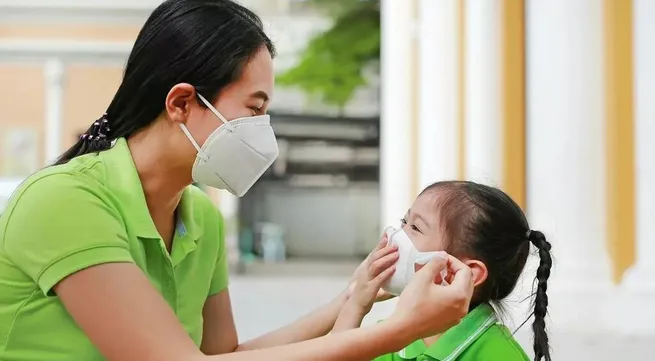
According to recent reports from international organisations, nearly 1.5 billion children, more than half of all school-age children worldwide, have been out of school due to the implementation of Covid-19 prevention and control measures in the countries. In addition, over 350 million school-age children have not been eligible for food services and nutritional needs at schools. A study which was jointly conducted by the Save the Children and United Nations Children's Fund (UNICEF) predicts that by the end of 2020, around 86 million children could fall into poverty and their safety will be seriously affected.
As of mid-April, nearly five million Vietnamese employees lost their jobs due to the Covid-19 epidemic; and the number of poor households has increased. In this context, the disadvantage can be seen more clearly when the country has millions of children with disabilities and poor migrant and ethnic minority children. They are vulnerable and face significant risk of violence, child labour, exploitation, trafficking and abuse. Recently, while the whole country was concentrating all resources on epidemic prevention and control, the Action Month for Children 2020, themed “Joining hands to protect children and prevent and combat child abuse”, attracted the proactive participation of all socio-political organisations, families and communities in child protection.
The National Assembly has just held a high-level supervision on the implementation of policies and laws on preventing and combating child abuse, and then promptly issued Resolution No.121/2020/QH14 on continuing to strengthen the effectiveness and efficiency of the implementation of policies and laws in this field. The noteworthy content in the above resolution has set the immediate and long-term requirement that the Vietnam Fatherland Front Central Committee and its member organisations should enhance supervision and propose recommendations on the development and implementation of policies and laws on child abuse to state agencies. It is also essential to boost measures to communicate, mobilise and supervise the implementation of policies and laws on child abuse right in residential areas, and to actively perform the task of protecting, caring and educating children in association with the campaign “All people unite to build new-style rural areas and civilised cities” and movements launched by the VFF’s members. Another concern is the need to fundamentally renovate the propaganda work at schools and among the community so that children can raise their awareness and life skills to quickly learn how to protect themselves and avoid negative impacts. The heads of all agencies, units and localities must be responsible when cases of child abuse and violence occur.
Up to now, with the motto of “no one is left behind” in the prevention and fight against the Covid-19 epidemic, women and children have been given priority for care. Among many measures and policies on social welfare, the Government, ministries, agencies and localities have focused on the prompt and effective implementation of multimedia campaigns to promptly address the problems of children, their children and teachers in the context of social distancing. Many timely and appropriate policies and decisions have been welcomed by the society and appreciated by the international community. Many attractive communication products, which have inherited experiences and methods from globally popular documents of UNICEF and other international organisations, have brought about high efficiency. They have been implemented by many creative forms which have been suitable to local characteristics and culture.
Obviously, in the current and upcoming context, the authorities should pay strong attention to communications to raise public awareness, knowledge and skills in the prevention and control of the epidemic. The ministries and agencies need to coordinate and receive the support from international organisations on the capacity, resources and techniques required to promptly solve arising and unwanted issues related to children and other vulnerable groups in society caused by the social distancing.
